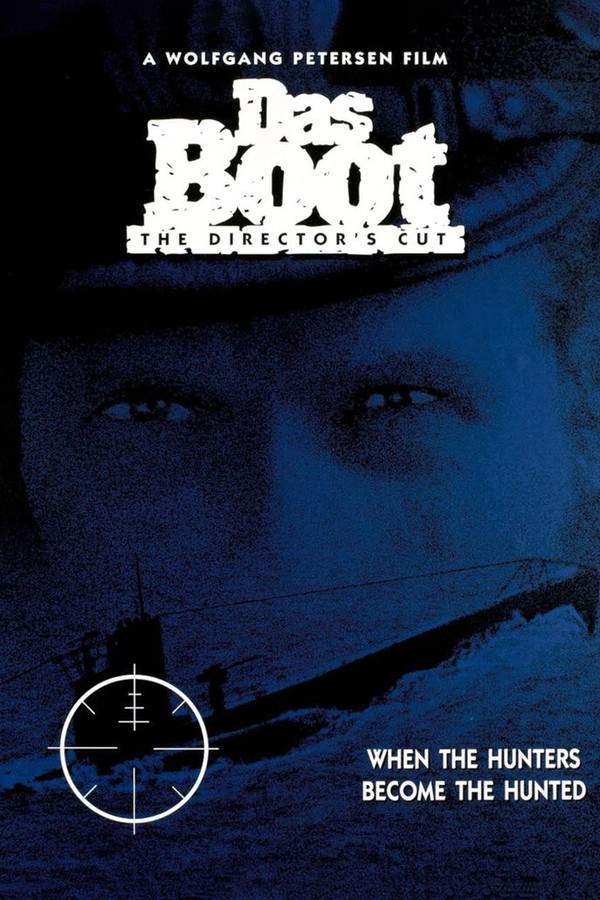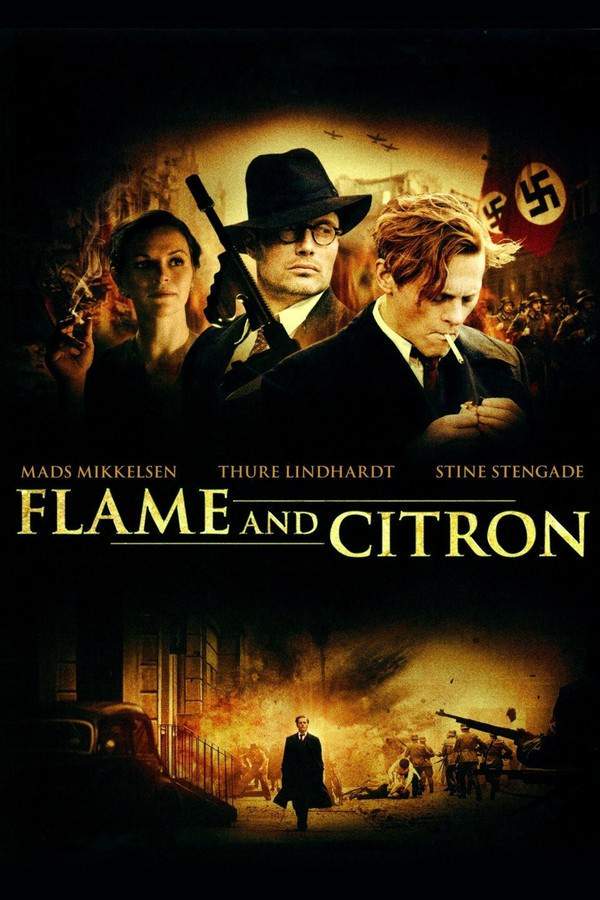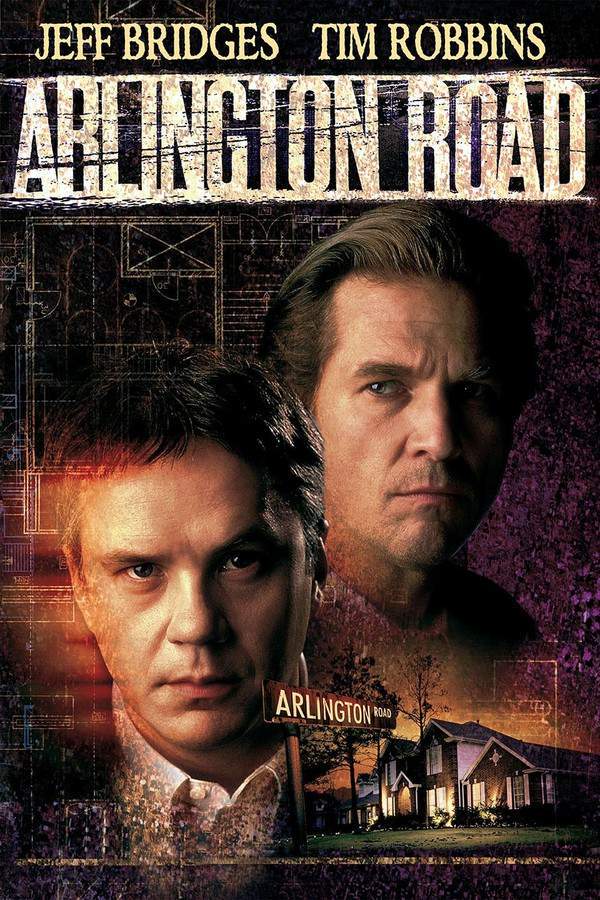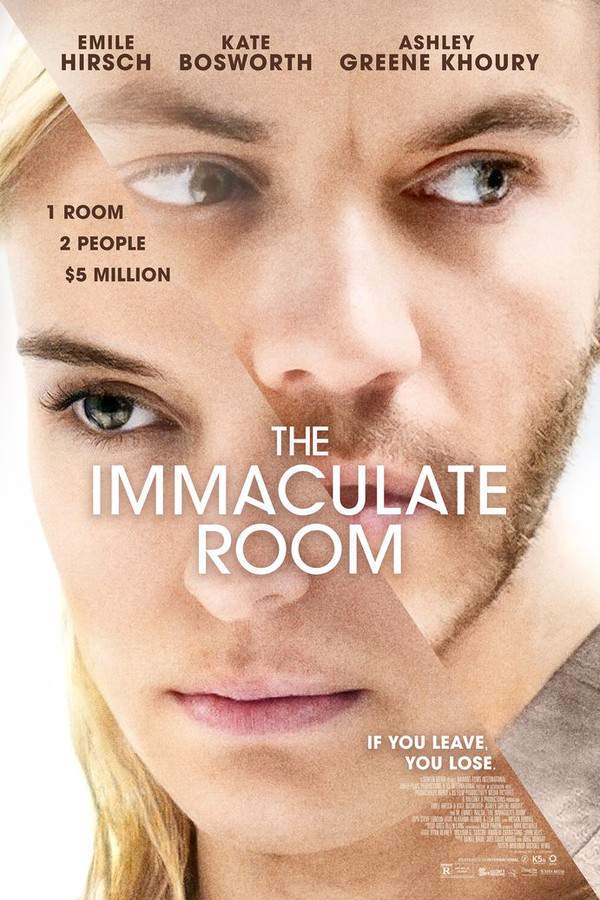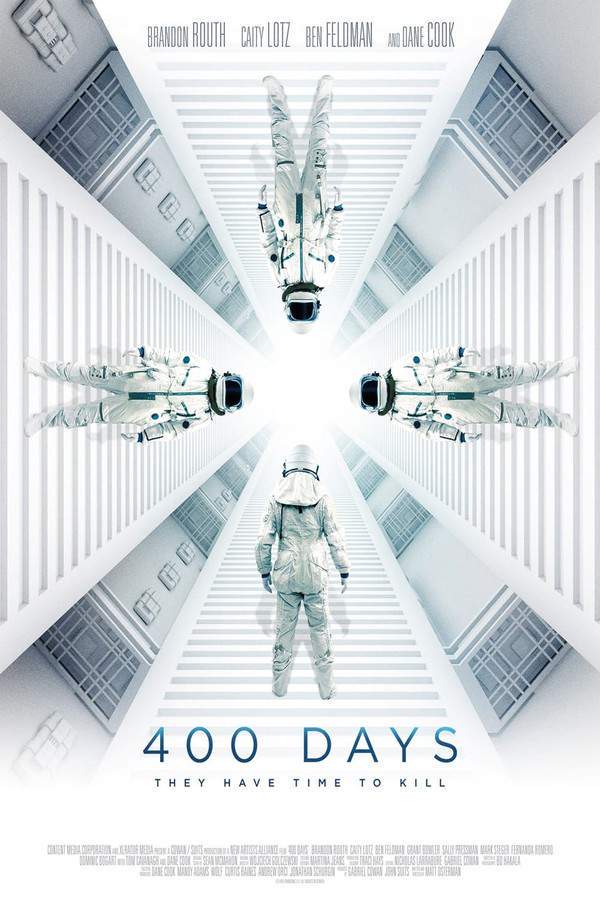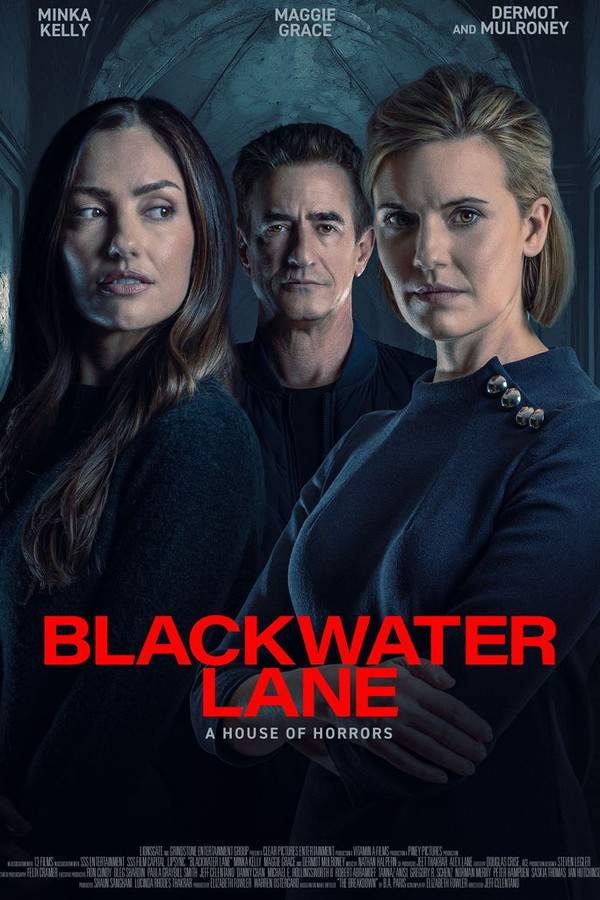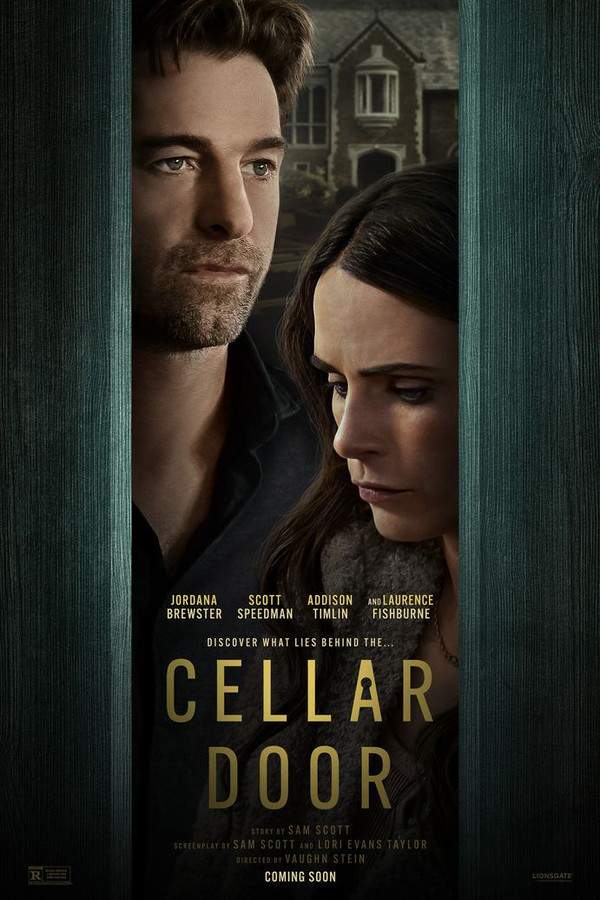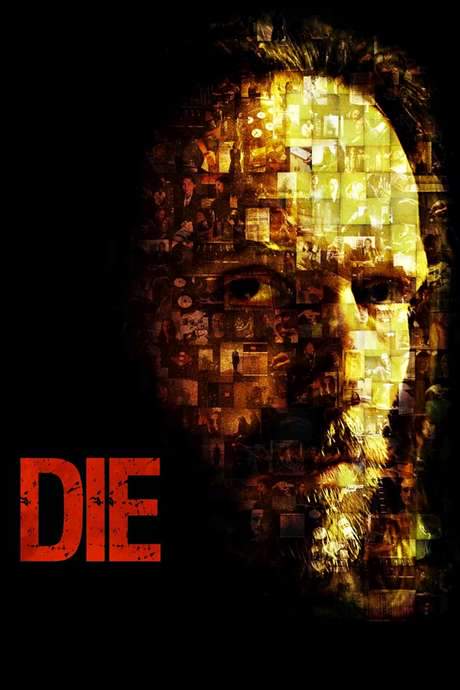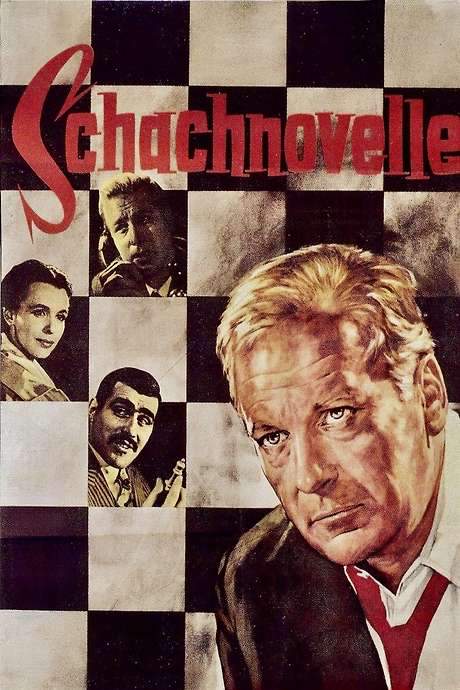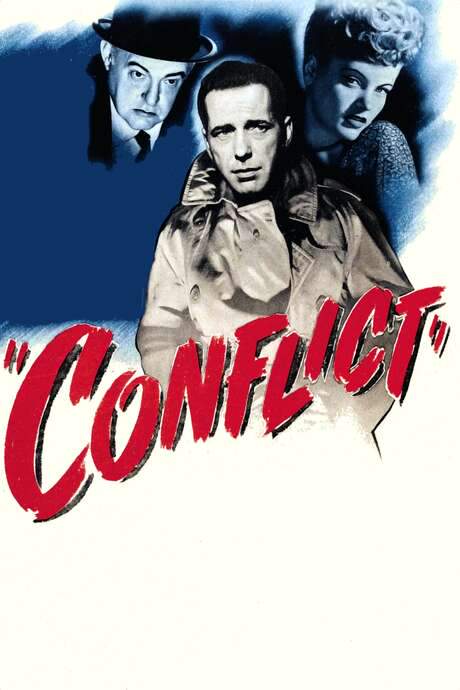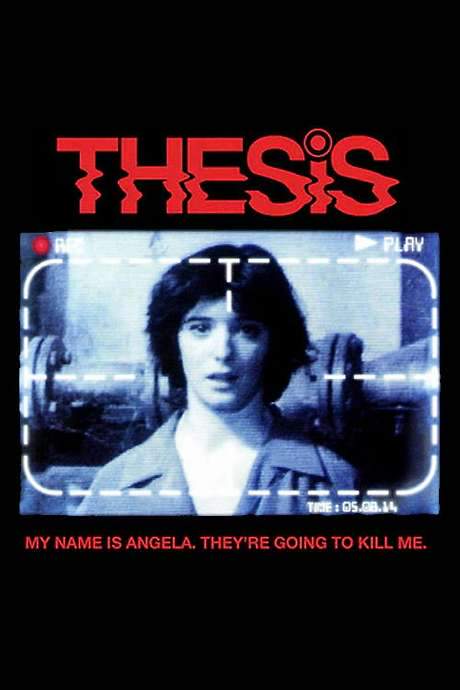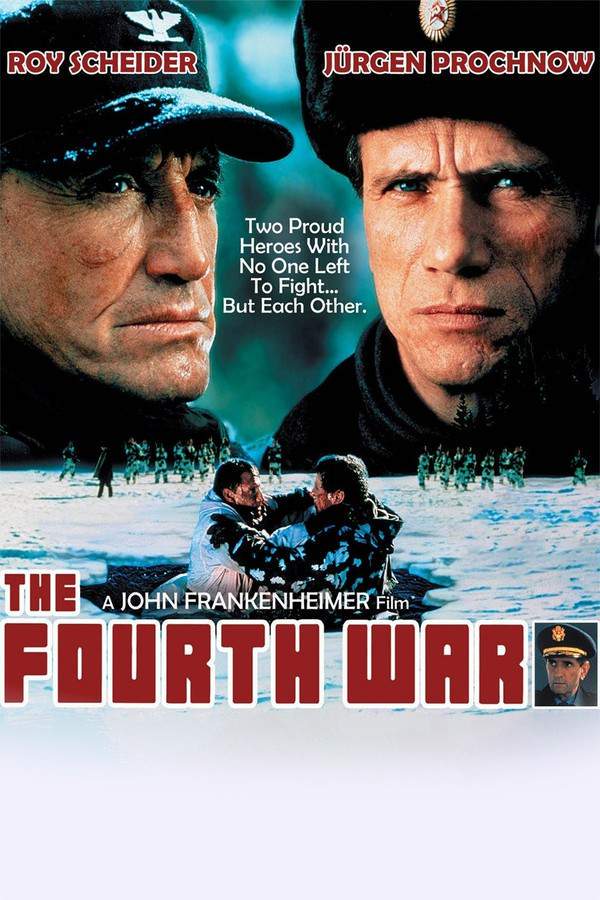
The Fifth Seal
Year: 1976
Runtime: 107 mins
Language: Hungarian
Director: Zoltán Fábri
In wartime Budapest, 1944, a group of four friends confront a chilling moral dilemma when one of them proposes a hypothetical question about guilt and innocence. Their discussion forces each to consider the cost of fear and responsibility, setting events in motion that will irrevocably change their lives.
Warning: spoilers below!
Haven’t seen The Fifth Seal yet? This summary contains major spoilers. Bookmark the page, watch the movie, and come back for the full breakdown. If you're ready, scroll on and relive the story!
The Fifth Seal (1976) – Full Plot Summary & Ending Explained
Read the complete plot breakdown of The Fifth Seal (1976), including all key story events, major twists, and the ending explained in detail. Discover what really happened—and what it all means.
In December 1944, under the harsh glare of the Arrow Cross regime, four friends gather around the table of a bar owned by Ferenc Bencze Béla. A wounded photographer returning from the battlefront joins them, adding a sobering note to their already tense conversation. Their quiet evening is interrupted when two Arrow Cross officers drift in for a drink, and after they leave, the group bitterly call them murderers, a name that will haunt them as the night unfolds.
One of the friends, the watchmaker Lajos Őze who plays Miklós Gyuricza, poses a stark moral riddle to János Sándor Horváth: two hypothetical figures, Tomóceusz Katatiki and Gyugyu. Katatiki is the powerful but careless island leader who treats Gyugyu with brutal indifference, living by a barbary morality that leaves him unashamed. Gyugyu, living in misery, clings to the belief that any wrong done to him isn’t truly his fault and that his own soul remains guiltless with a clear conscience. The question looms large: if Gyugyu must die and be reincarnated as one of them, what would he choose?
The photographer speaks up, saying he would choose Gyugyu, a claim the others doubt. As the night ends and the friends drift toward their homes, the film peels back their facades and reveals hidden truths. Gyuricza’s flat becomes a sanctuary for Jewish children, a dangerous secret that could cost him everything. At the same time, László Márkus enters a spiral of drink and doubt, his mind tormented by the question Gyuricza posed, and his imagination flickers with troubling hallucinations.
The next evening, the same four men return to Béla’s bar, only to find themselves in a perilous trap. After being labeled as murderers by those who suspected them of talking, they are seized by Arrow Cross officers and dragged to a party office. There, an Arrow Cross official, deftly played by [Zoltán Latinovits](/actor zoltn-latinovits), forces them to perform a humiliating act: they must slap a dying partisan in the face in order to be released. Gyuricza is the only one to comply, a decision that scars him deeply and marks the night with a lasting brutality.
As Gyuricza steps out into the city after the ordeal, the world around him seems to erupt with violence and destruction—the buildings around him shudder and crumble, the sound of explosions distant yet inexorable, mirroring the moral collapse he has just endured. The film closes on a city that has shifted beneath the weight of fear and complicity, leaving the four men forever changed by that impossible choice and the brutal immediacy of power used to compel a confession of guilt or innocence.
-
György Cserhalmi as Haldokló kommunista would be associated with the role, but the immediate focus remains on the moral questions raised by Miklós Gyuricza and the forces that pursue them.
-
Lucy, Irén, and the rest of the band of friends are threaded through the narrative with their own hidden loyalties and the pressure of a world that demands quick, decisive, and often cruel judgments.
-
The film uses a stark, almost parable-like framework to examine guilt, responsibility, and the lengths people will go to survive under an oppressive regime, while balancing intimate character studies with the pressures of a society in turmoil.
Last Updated: October 07, 2025 at 09:01
Explore Movie Threads
Discover curated groups of movies connected by mood, themes, and story style. Browse collections built around emotion, atmosphere, and narrative focus to easily find films that match what you feel like watching right now.
Wartime Ethical Dilemmas like The Fifth Seal
Ordinary people face soul-shattering ethical choices under brutal regimes.If you liked the heavy moral questions in The Fifth Seal, explore other movies like it that place characters in impossible wartime situations. These films examine the cost of survival, the burden of guilt, and the collapse of conscience under fascist oppression and similar regimes.
Narrative Summary
Stories in this thread typically begin with a stable, if anxious, situation that is disrupted by an escalating external threat. A central, philosophical dilemma is presented, forcing characters to choose between personal safety and moral principles. The narrative follows the devastating consequences of their choice, often leading to a bleak conclusion where no one emerges unscathed.
Why These Movies?
These films are grouped together because they share a core focus on the ethical corrosion caused by extreme political pressure. They create a claustrophobic, oppressive atmosphere and are driven by heavy philosophical debates about guilt, responsibility, and the price of survival, resulting in a similarly intense and sobering viewing experience.
Claustrophobic Philosophical Movies like The Fifth Seal
A single conversation in a confined space unravels into life-altering consequences.Discover more movies similar to The Fifth Seal where a tense, philosophical debate in a confined setting drives the entire plot. These films explore how abstract ideas about morality, when confronted with harsh reality, can lead to irrevocable decisions and a profound sense of dread.
Narrative Summary
The narrative pattern often involves a group of acquaintances gathering in a single location—a bar, a bunker, a room—where a hypothetical question is posed. What begins as an intellectual exercise rapidly gains terrifying real-world stakes, forcing the characters to live out the consequences of their own rhetoric. The plot is linear but deepens in horror as the philosophical premise becomes a brutal reality.
Why These Movies?
This thread connects films that generate immense tension not from action, but from escalating philosophical conflict. They share a claustrophobic atmosphere, a steady pacing that builds dread, and a focus on how ideas can be as destructive as weapons, leaving the audience with a feeling of anxious unease and moral contemplation.
Unlock the Full Story of The Fifth Seal
Don't stop at just watching — explore The Fifth Seal in full detail. From the complete plot summary and scene-by-scene timeline to character breakdowns, thematic analysis, and a deep dive into the ending — every page helps you truly understand what The Fifth Seal is all about. Plus, discover what's next after the movie.
The Fifth Seal Timeline
Track the full timeline of The Fifth Seal with every major event arranged chronologically. Perfect for decoding non-linear storytelling, flashbacks, or parallel narratives with a clear scene-by-scene breakdown.

Characters, Settings & Themes in The Fifth Seal
Discover the characters, locations, and core themes that shape The Fifth Seal. Get insights into symbolic elements, setting significance, and deeper narrative meaning — ideal for thematic analysis and movie breakdowns.

The Fifth Seal Spoiler-Free Summary
Get a quick, spoiler-free overview of The Fifth Seal that covers the main plot points and key details without revealing any major twists or spoilers. Perfect for those who want to know what to expect before diving in.

More About The Fifth Seal
Visit What's After the Movie to explore more about The Fifth Seal: box office results, cast and crew info, production details, post-credit scenes, and external links — all in one place for movie fans and researchers.

Similar Movies to The Fifth Seal
Discover movies like The Fifth Seal that share similar genres, themes, and storytelling elements. Whether you’re drawn to the atmosphere, character arcs, or plot structure, these curated recommendations will help you explore more films you’ll love.
Explore More About Movie The Fifth Seal
The Fifth Seal (1976) Scene-by-Scene Movie Timeline
The Fifth Seal (1976) Movie Characters, Themes & Settings
The Fifth Seal (1976) Spoiler-Free Summary & Key Flow
Movies Like The Fifth Seal – Similar Titles You’ll Enjoy
1945 (2017) Spoiler-Packed Plot Recap
The Fourth War (1990) Spoiler-Packed Plot Recap
Last Five Days (1982) Film Overview & Timeline
The 4th Man (1983) Story Summary & Characters
25 Fireman’s Street (1973) Plot Summary & Ending Explained
The Fifth Floor (1978) Ending Explained & Film Insights
Tear of the Prince of Darkness (1993) Story Summary & Characters
Five Branded Women (1960) Movie Recap & Themes
Five for Hell (1969) Film Overview & Timeline
The Fifth Horseman Is Fear (1965) Story Summary & Characters
5 Fingers (1952) Plot Summary & Ending Explained
The 5th Day of Peace (1970) Ending Explained & Film Insights
The Third Part of the Night (1971) Film Overview & Timeline
The Seventh Cross (1944) Plot Summary & Ending Explained
The Fifth Cord (1971) Full Summary & Key Details

